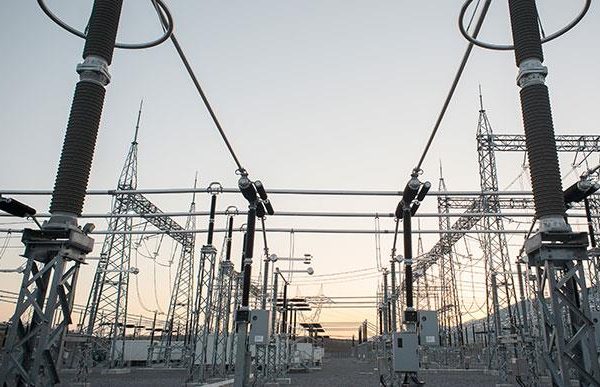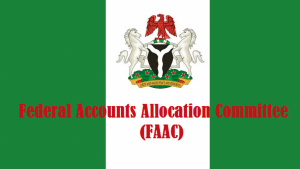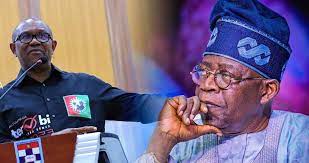..to help Nigerians cover the gap
NERC Chairman Sanusi Garba, who broke the news in Abuja, said it would cost the government between N120 billion to N130 billion monthly (N1.6 trillion) to subsidise electricity this year.
He said, “But we have published what they should charge. We have also published the amount they are allowed to charge based on government policy because government has decided for now because of the living crisis, and so many things to in the meantime continue subsidizing electricity.
“So, if you check the order you will see that tariffs are not going up but the in the order, you will see what the DisCos should be charging.
“You can also see in the order the amount of subsidy the government will be providing to cover the gap, what they should charge that they are not allowed to charge without subsidy.”
According to the NERC, non-maximum demand (MD) customers of the Abuja Electricity Distribution Company (AEDC) band will retain the N68.20 per kilowatt tariff.
The review has affected the cost reflective tariff for the band, which was N88.47 in 2023 but now N124.42 this year, indicating a N35.95 increase per kw. It means that the government has subsidised N35.95 for consumers in the category.
Under the Eko Electricity Distribution Company (EKEDC) band, non-maximum demand (MD) customers, who paid N67.48 last year, will still to pay the same price this year. However, their cost reflective tariff has moved N89.03 last year to N114.84 this year. This indicates a subsidy of N25.81 per kw.




